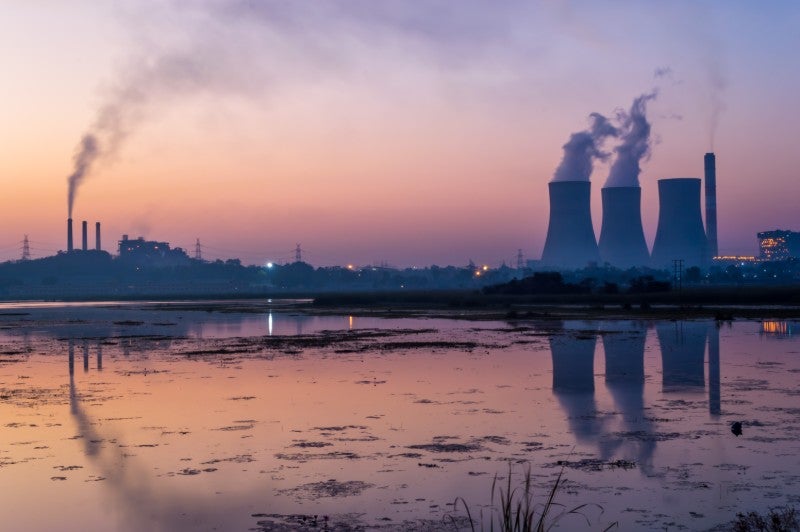
China’s ruling party has ordered power companies to secure winter power at any cost, after power rationing caused blackouts in several regions.
At an emergency meeting this week, Chinese Vice-Premier Han Zheng told power companies that his party would not tolerate blackouts. Since last week, power shortages have massively disrupted the industries across China, with little sign of easing.
At least 19 of mainland China’s 31 provinces have introduced power rationing in September. These provinces account for at least two-thirds of the country’s gross domestic product. As a result, manufacturing has decreased, and international metal prices have fallen to match the decreased demand.
Goldman Sachs and Nomura banks have decreased their annual growth forecasts for China because of disruption caused by the power crisis.
More than half of China’s power comes from burning coal. A political dispute with Australia caused China to ban imports of Australian goods, which includes coal. China now buys more expensive coal from neighbouring India, leading to a rise in the cost of coal generation.
Chinese leaders have now ordered their coal mining companies to raise coal production in order to drive down prices. Miners will be allowed to exceed their annual quota, with leaders hoping this will drive down coal prices.
Han Xiaoping, chief analyst at china5e.com, told state-controlled media outlet Global Times that it is now “rather common” for coal-fired power plants to lose money on the electricity they generate.
First, we chacterize power shortages across China as being caused by three key drivers:
1. Expensive coal leading to generator unwilling to operate
2. Power curbing due to provincial “dual-control” energy use policies
3. Available capacity shortage#1 is the primary one.
— David Fishman (@pretentiouswhat) September 28, 2021
However, the ruling party previously ordered that generators should not pass costs on to consumers. This caused generators to limit production in order to maintain tariffs, and power shortages soon followed.
To protect supplies to homes and shops, industry and manufacturing facilities took the blackouts first. The Global Times report, credited to staff writers, quotes the partially-anonymised owner of a textile factory in Jiangsu Province. His factory lost power on 21 September, and will not regain power until at least 7 October. Until then, staff remain out of work.
The factory owner said that his factory was one of more than 100 across the Dafeng district of Yantian that had lost power. The report also said that “industry insiders” believe shortages may worsen as temperatures fall into winter.
Authorities have also encouraged domestic and commercial users to conserve power and minimise air conditioning use.
Other factors have also contributed to high power costs. Some provinces have started rationing power in order to meet their annual consumption targets, set by China’s central government. At least three provinces started rationing power before September.



